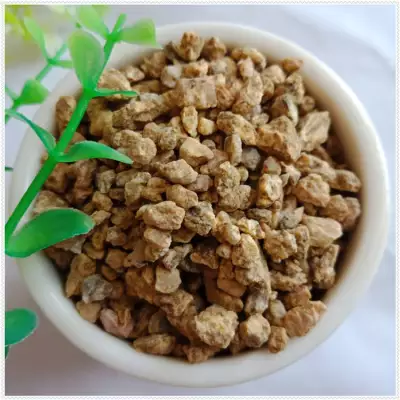
Exploring the Benefits and Uses of Bentonite in Eco-Friendly Paint Solutions
The Versatility and Benefits of Bentonite in Paint
Bentonite clay, a naturally occurring clay mineral, has garnered significant attention in various industries due to its unique physical and chemical properties. Among its many applications, one of the most fascinating is its use in paint formulations. The incorporation of bentonite into paints not only enhances their performance but also contributes to sustainability in the paint manufacturing process.
What is Bentonite?
Bentonite is primarily composed of montmorillonite, a mineral that is renowned for its high absorbency and swelling properties. It is formed from the weathering of volcanic ash, and its name is derived from Fort Benton, Wyoming, where it was first discovered. This natural clay has various grades, each suitable for different applications, including drilling muds, cosmetics, and, of course, paints.
The Role of Bentonite in Paints
In paint formulations, bentonite serves several critical functions
1. Thickening Agent One of the most vital roles of bentonite in paint is as a rheological modifier. It helps to increase the viscosity of paint products, ensuring a smooth application and preventing sedimentation. This is particularly essential in high-solid paints where a stable mixture is crucial.
2. Stabilization Bentonite contributes to the stability of paint by preventing the separation of components over time. This characteristic is crucial for preserving the quality and longevity of paint, especially in products that are stored for extended periods before use.
3. Improving Texture and Finish The unique texture that bentonite imparts can enhance the aesthetic qualities of paint, providing a desirable finish that may not be achievable with other additives. The smoothness of the paint can significantly affect the final appearance, ensuring that surfaces look polished and professional.
bentonite paint

4. Environmental Friendliness With growing concerns over the environmental impact of synthetic additives, bentonite presents a greener alternative. As a natural product, it is non-toxic and biodegradable, making it a preferable choice for eco-conscious consumers and manufacturers looking to reduce their carbon footprint.
Advantages of Using Bentonite in Paint
1. Enhanced Performance The use of bentonite in paint formulations leads to improved application properties. Paints with bentonite tend to have better workability, which results in fewer defects during the application process.
2. Increased Durability Paints containing bentonite often exhibit better durability, making them suitable for various environments, including harsh weather conditions. This increased resilience reduces the frequency of repainting and maintenance, ultimately saving consumers time and money.
3. Versatility Bentonite can be used in various types of paints, including water-based, oil-based, and even artistic paints. This versatility allows manufacturers to create a wide range of products tailored to different applications and customer needs.
4. Cost-Effectiveness Despite its myriad benefits, bentonite is relatively inexpensive compared to synthetic alternatives. This cost-effectiveness makes it an attractive option for manufacturers looking to optimize their product formulations without sacrificing quality.
Conclusion
The incorporation of bentonite in paint formulations exemplifies the ongoing evolution of material science and its application in everyday products. As the demand for sustainable and high-performance coatings continues to rise, bentonite stands out as a valuable ingredient that enhances the functionality and appeal of paints. With its natural origins and impressive properties, bentonite not only bridges the gap between performance and eco-friendliness but also paves the way for innovative paint solutions that meet the modern consumer's needs. As we look to the future, the role of bentonite in the paint industry is bound to expand, promoting both aesthetic appeal and environmental sustainability.
Share
-
Premium Pigment Supplier Custom Solutions & Bulk OrdersNewsMay.30,2025
-
Top China Slag Fly Ash Manufacturer OEM Factory SolutionsNewsMay.30,2025
-
Natural Lava Rock & Pumice for Landscaping Durable Volcanic SolutionsNewsMay.30,2025
-
Custom Micro Silica Fume Powder Manufacturers High-Purity SolutionsNewsMay.29,2025
-
Custom Mica Powder Pigment Manufacturers Vibrant Colors & Bulk OrdersNewsMay.29,2025
-
Custom Micro Silica Fume Powder Manufacturers Premium QualityNewsMay.29,2025






